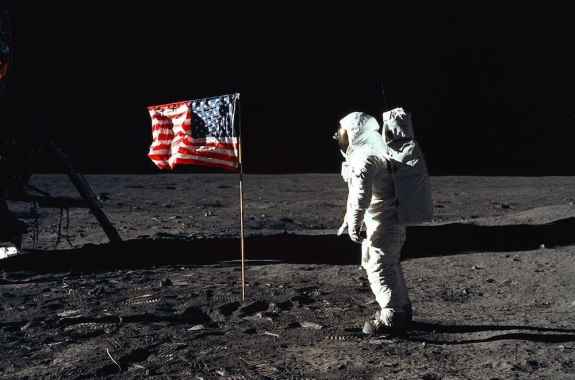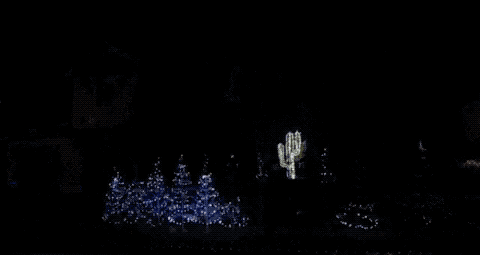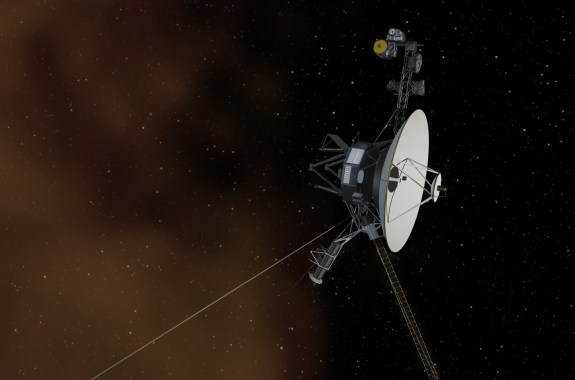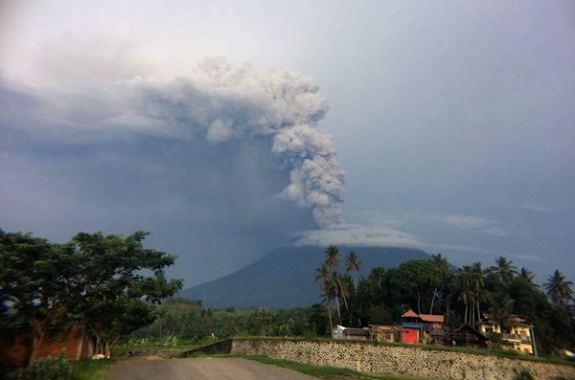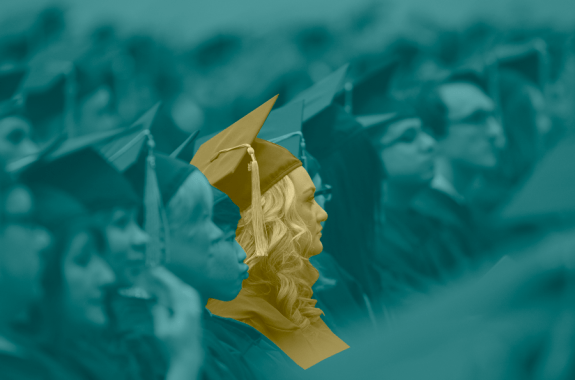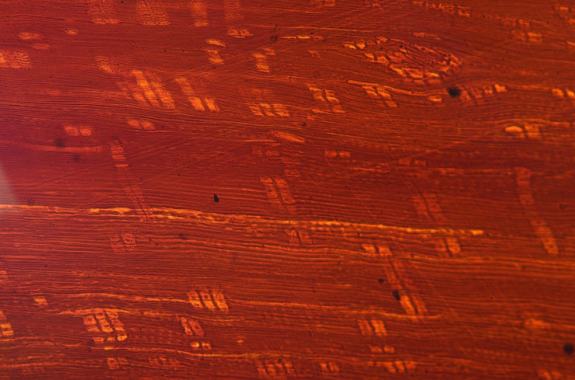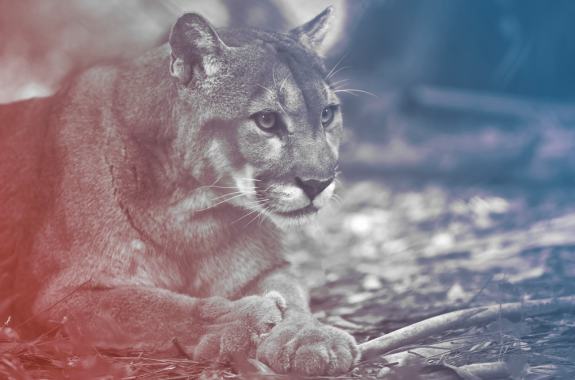As Science Friday’s director and senior producer, Charles Bergquist channels the chaos of a live production studio into something sounding like a radio program. He coordinates in-studio activities each week from 1-4. And then collapses. He also produces pieces for the radio show. His favorite topics involve planetary sciences, chemistry, materials, and shiny things with blinking lights.
Charles has been at Science Friday longer than anyone on staff except Ira, and so serves as a repository of sometimes useful, sometimes useless knowledge about the program. He remembers the time an audience member decided to recite a love poem during a live remote broadcast, the time the whole staff went for ice cream at midnight in Fairbanks, Alaska, and the name of that guy Ira is trying to remember from a few years back who did something with space.
He hails from southeastern Pennsylvania and worked for a while as a demonstrator at the Franklin Institute, Philadelphia’s science museum (favorite devices: Maillardet’s Automaton, the stream table, the Chladni plates). He has a degree in chemistry from the University of Delaware, home of the Fighting Blue Hens, and a master’s in journalism from New York University’s Science, Health, and Environmental Reporting Program. However, he attended the program prior to the addition of ‘Health’ to its name, which may explain his slight unease when covering medical topics.
Outside the walls of Science Friday, he enjoys backpacking, camping, cooking not-entirely-healthy things, reading escapist fiction, and trying to unravel his children’s complicated stories.
7:34
A Return To The Moon, An Ancient Bludgeon, And Anesthetized Plants
This week, President Trump signed a directive that would set NASA’s sights on the moon…again.
4:23
May Your Days Be Merry, But Less Bright
The spread of efficient LED lighting may be leading to more light use, and brighter nighttime skies.
7:06
Dusting Off Voyager 1’s Thrusters
After 37 years in space, Voyager 1’s thrusters still work.
6:32
Microbes In Space! (But They’re Ours)
Researchers sampled the microbiome of the International Space Station. The results were all too familiar.
6:58
Trapping A Proton, The Speed of A Muscle, And Switching Attention
Plus, the latest on the eruption of volcano Mount Agung on the island of Bali.
5:51
How Much Will The House Tax Plan Cost Grad Students?
Two graduate students have developed an online calculator to estimate the effects of the House tax plan.
47:37
From Cat Rheology To Operatic Incompetence
The 2017 Ig Nobel Prizes saluted the strange and silly in scientific studies.
12:23
Mining Coal For Clues About Ancient Environments
Geologist Jen O’Keefe uses pollen and spores fossilized in coal to study the environment millions of years ago.
6:58
Women More Likely To Be Injured When Heading Soccer Ball
Plus, a dire environmental warning and some dietary caution ahead of Thanksgiving.
4:48
Keeping An Eye On Florida’s Panther Population
A program to capture-and-collar panthers in Florida has been in place for over three decades. Now, it may be ending.
